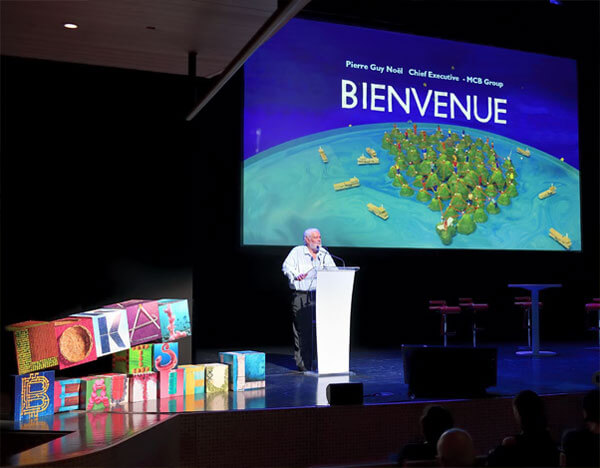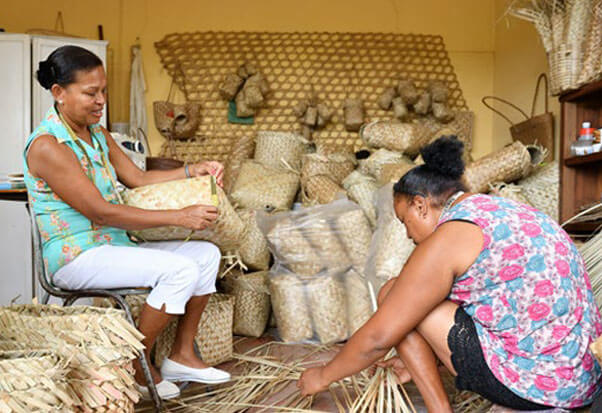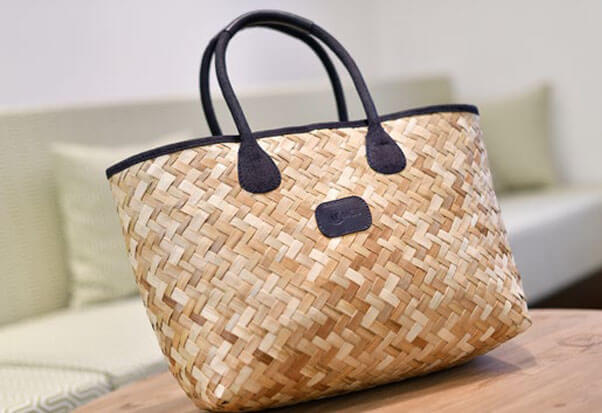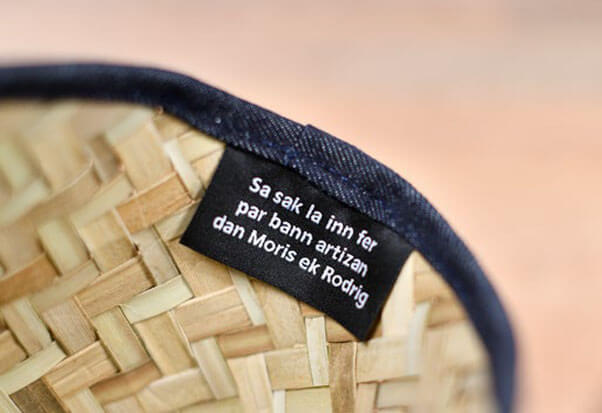
Investing in local economic development
Lokal Is Beautiful :
The Rationale Behind The First Pillar
MCB Group has supported entrepreneurship and innovation in Mauritius for over 180 years and as a result, has the necessary clout to influence ways to achieve increased prosperity for individuals, Small and Medium Enterprises (SMEs), corporations and the country. But the landscape is no longer the same. Global challenges such as the economic crisis and global warming, added to the digital revolution have sparked a deep questioning of commonly held definitions of prosperity and progress, both at the individual and the collective levels. This systemic reassessment has contributed to MCB Group’s decision to redefine its responsibilities and review its role as an active steward of the island’s economic growth. The thinking led to the exploration of new ways to achieve greater and more sustainable prosperity.
This culminated in a study on the local economy and subsequent report entitled ‘Lokal is Beautiful’, undertaken by the sustainability consulting firm Utopies and launched in January 2019. The idea was to understand how prosperity is achieved in Mauritius and identify the mechanisms that create wealth, including how much of it is generated from local economic circuits. The study confirmed that while attracting external wealth was essential, it was also important to encourage further internal circulation of this external wealth in order to further boost the island’s prosperity. At current levels, Mauritius is able to multiply the revenues captured from abroad by 2.86 times (based on year 2015 figures).
Yet, if the ability to circulate wealth locally is increased, so will the national income. This can be achieved if Mauritius grows and develops further from the inside out. However, as the island’s efforts were focused on leveraging globalisation as a tool for economic development, the local economy has for long not been considered a priority. The idea is not to aim for complete self-reliance or to minimise the importance of the exportation of goods and services or of other pillars such as tourism or international investment, but to reinforce the solidity of Mauritius’ economy by anchoring it in a new kind of globalisation, one of exchanges between more complex economies that produce locally but are still open to world.
The concern, as demonstrated in the study, is that while Mauritius’ external income has registered strong growth on average for the last 20 years, the country’s local multiplier effect has consistently decreased (-25% in 10 years), in a ‘scissor-like effect’. To enable Mauritius to enter the group of high-income countries in a sustainable way, the study recommends increasing external income by 50% and simultaneously increasing the island’s local multiplier effect by 25%, by the year 2025. This scenario leaves the island less exposed to external vulnerability, addressing prosperity in the broadest sense, including social and environmental issues.
Developing micro-factories, fablabs, fabshops, incubators, start-ups and company partnerships
Increasing the ability to produce locally with recycled resources (repair, restore value, recycle…)
Creating value rather than products through business models based on digital solutions (peer to peer, collaborative platforms…).
A half-day conference was organised by Group at the Caudan Arts Centre in Port-Louis on 23 January 2019 to present and discuss the findings of the study, with experts in the field and local players of the Mauritius economy.
This conference was followed by tangible initiatives by MCB to incorporate the findings in its own lines of business. A Lokal is Beautiful Scheme aimed at SMEs was launched in August 2019.

The first pillar of ‘Success Beyond Numbers’ was launched in January 2019 by way of a conference on the local economy.

Partnership with Made in Moris
MCB has been a partner of the Made in Moris label since its inception in 2012. The label was created by the Association of Mauritian Manufacturers (AMM) to foster local manufacturing and to improve the quality of goods and services produced in Mauritius. The aim was to increase the competitiveness of locally manufactured products then severely threatened by the elimination of customs duty on imported goods.
Five years down the line, 3000 products from 300 brands produced by 95 companies carry the Made in Moris label which has become synonymous with trust, quality, traceability and freshness. To obtain the label, manufacturers have to undergo a site visit carried out by officials of Made in Moris together with their strategic partner Geneva-based Société Générale de Surveillance (SGS), a worldwide provider of quality verification and certification services. To qualify for the label, the following aspects are taken into account; the quality of the product, the origin of raw materials, the manufacturing process, the supplier, transparency in structure and accounting as well as the working conditions of employees and the way they are treated.
The label is financed by the membership fees of companies that have obtained the certification as well as MCB sponsorship. MCB’s contribution for the year 2018-2019 amounted to Rs 2m.
-

Anne Favori, the founder of Pandanus, was thrilled to see her modest baskets turned into chic end of year gifts for MCB staff.
-

Made by artisans from Mauritius and Rodrigues, the basket was then subjected to a glamorous finish by Hémisphère sud.
-

Last year’s end of year gift was a ‘Lokal’ product par excellence!
© 2019 MCB GROUP #Success Beyond Numbers

